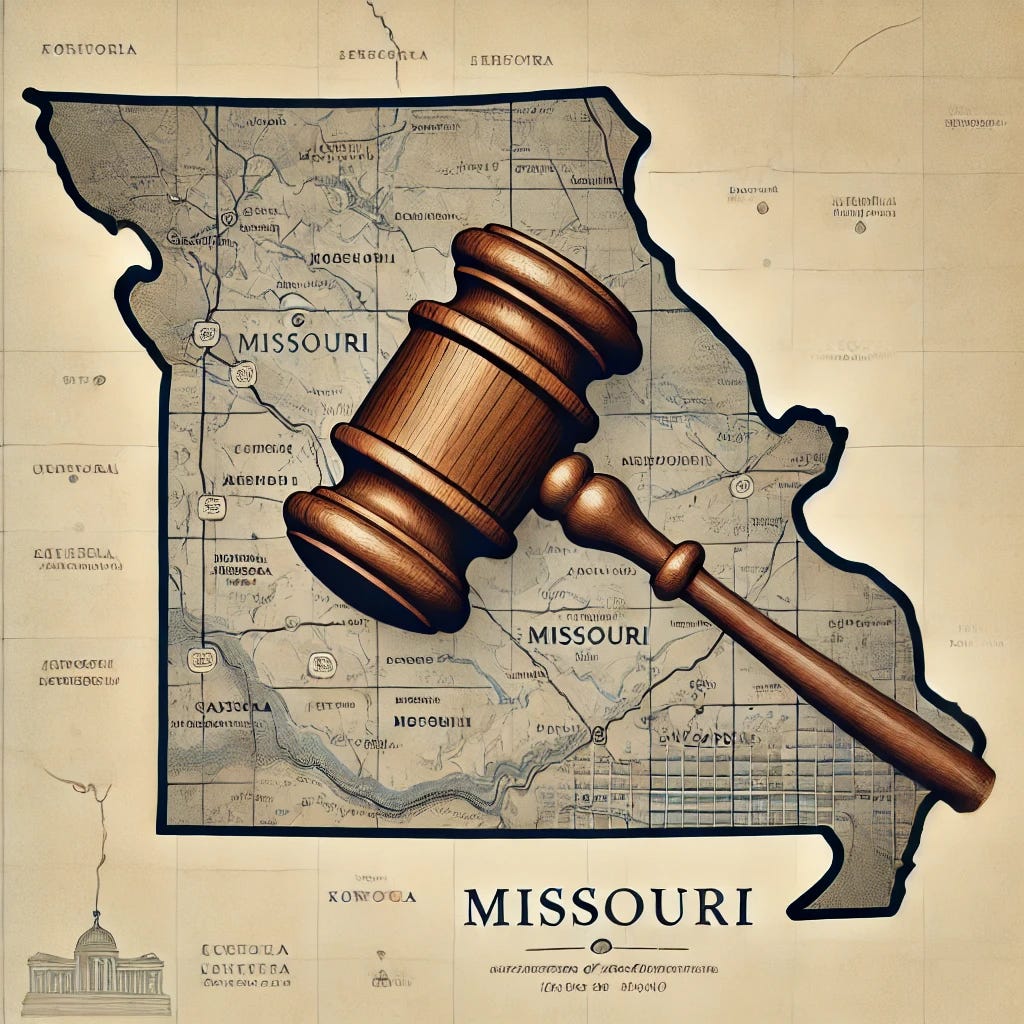Missouri abortion providers file suit against restrictions, bans
Under the recently passed amendment, activists and leaders contend existing laws are unconstitutional.
Missouri reproductive rights providers and leaders filed a lawsuit in a circuit court that challenges its antiabortion laws with an argument that they’re unconstitutional in light of the recently passed ballot initiative protecting abortion access.
Comperehsnvie Health of Planned Parenthood and Planned Parenthood of Great Rivers-Missouri were listed as the plaintiffs. The defendants in the lawsuit included Gov. Michael Parson and Attorney General Andrew Bailey.
These types of complaints will follow an abortion rights amendment’s passage in states throughout the country that do so. As they do, lawyers will have to make compelling arguments that abortion providers or women have legal standing. Advocates could have difficulty doing that, depending on what judges determine. Since many of these courts and the judiciary generally are conservative, courts may interpret the amendment as providing the narrowest possible protections. As I've written about, that has already occurred in Ohio.
The State of Missouri has spent decades attempting to eliminate or severely reduce abortion access through medically unnecessary bans, restrictions, and regulations—even when Roe still guaranteed a federal constitutional right to abortion, according to the complaint.
This lawsuit challenges several laws, including the total ban that went into effect after the Supreme Court overturned Roe v. Wade. It also argues that the ones that limit abortion to eight, 14, 18, and 20 weeks are also unconstitutional.
Another law that they challenged is the Missouri Stands for the Unborn Act, which prohibits abortions in situations where the provider knows that prenatal testing led a woman to get an abortion because the embryo or fetus was detected to have Down Syndrome.
Several regulations known as TRAP laws, which stand for targeted regulation of abortion providers, have also been listed as ones the plaintiffs argued are not protected. Before the Dobbs decision that eliminated abortion rights, lawmakers and antiabortion activists had sought to enact cumbersome requirements on clinics that drove the cost of operating to such a high amount that it made it difficult or impossible to manage.
With TRAP laws, one of the standard stipulations was that doctors at abortion clinics needed clinical privileges at a local hospital. They would also require multiple in-person visits by patients before they could get an abortion. Missouri had that requirement in place. Telemedicine abortion care was also banned.
The makeup of the court system will determine how the amendment is interpreted. In Missouri, its Supreme Court includes two Democrats and five Republicans. A governor appoints any replacements. So it’s likely they will limit the protections as much as possible. Could the ban fall, but the TRAP laws remain in place? That’s something that we will have to watch.
I intend to follow these lawsuits as they play out in various states and talk to lawyers there to find out what state courts are likely to say based on the party makeup of the judiciary.




